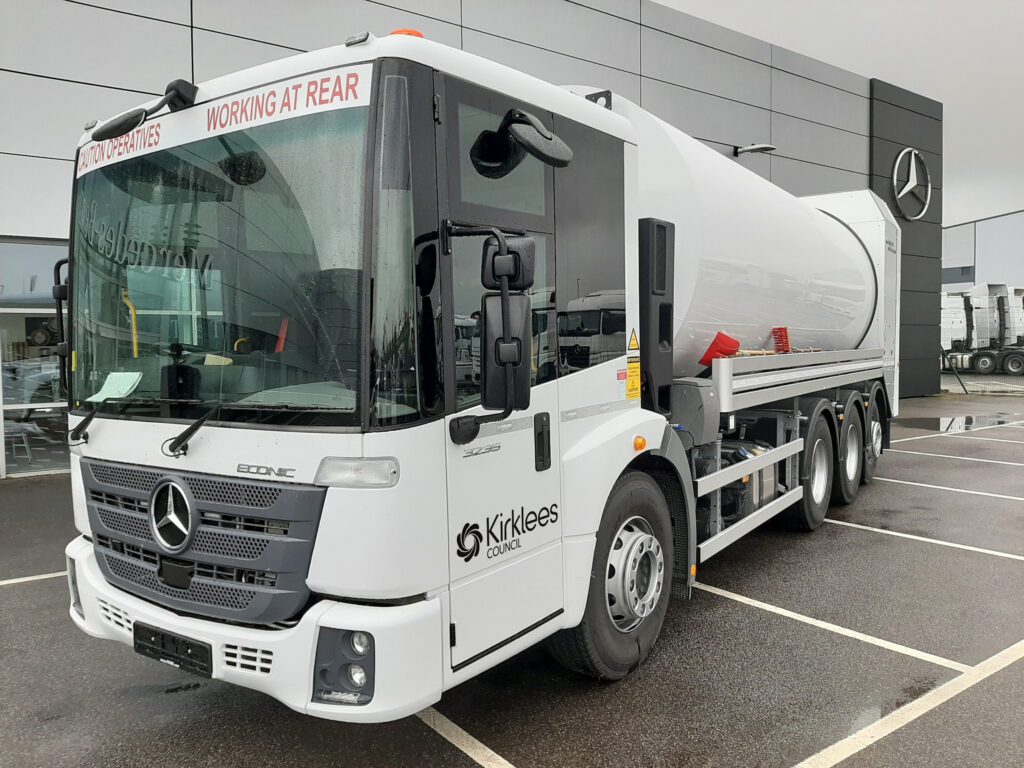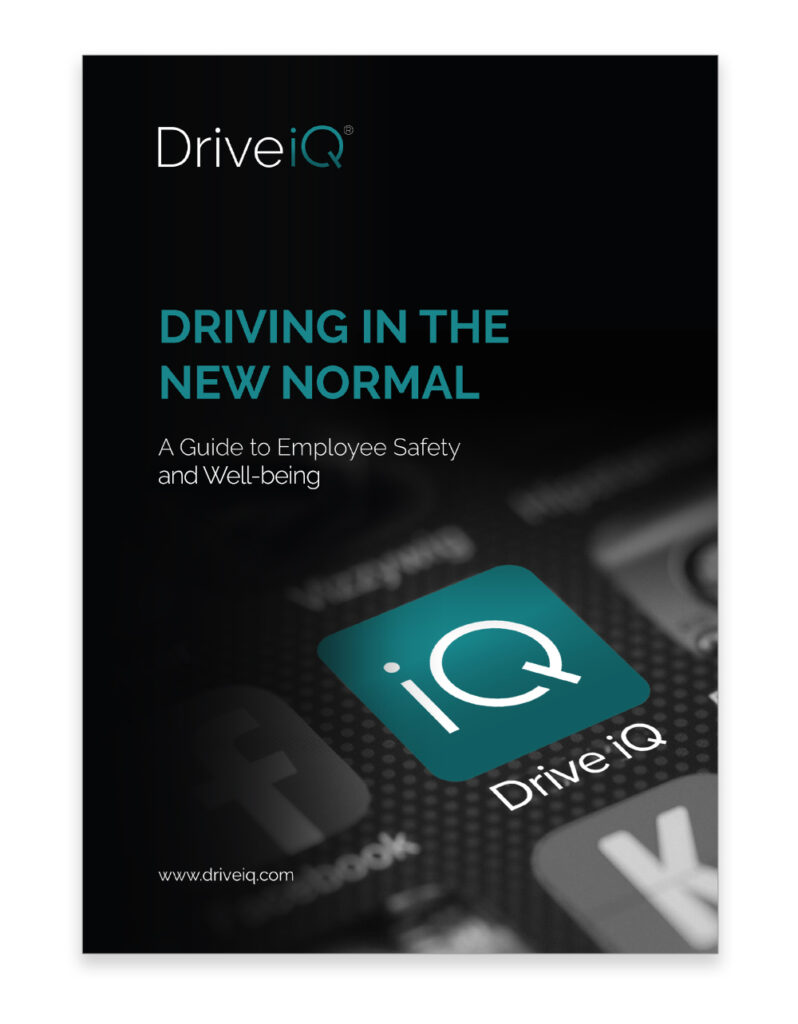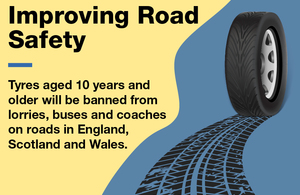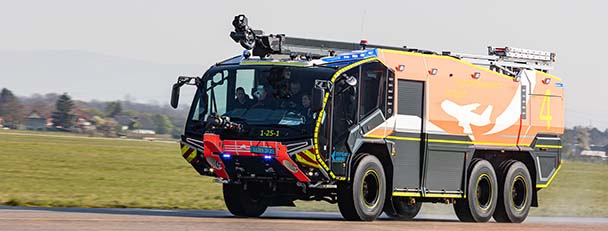The Optimised Waste and Logistics (OWL) partnership has confirmed that we are hosting the OWL roadshows for this autumn.


The Optimised Waste and Logistics (OWL) partnership has confirmed that we are hosting the OWL roadshows for this autumn.

Kirklees Council is equipping 21 of its new waste and recycling vehicles with camera recording systems, reverse radar and the Cyclear cyclist warning system from Innovative Safety Systems (ISS).

In the face of the impact, coronavirus has had on our roads, the driver well-being specialist Drive iQ has published a new white paper, ‘Driving in the New Normal: A Guide to Employee Safety and Wellbeing’ app.

A new coalition of forward-looking businesses and senior leaders will drive change across the bio-economy value chain.

UPS, the largest freight company in North America, has made the switch to cleaner fuels for 10% of its global fleet, with the aid of Kansas City Regional Clean Cities, and the US Environmental Protection Agency’s Diesel Emissions Reduction Act…

Tyres aged ten years and older will be banned from HGVs, buses and coaches on roads in England, Scotland and Wales in a boost to road safety, Roads Minister Baroness Vere of Norbiton has announced.

ince May 2019, Stuttgart Airport fire department has been deploying its four new Rosenbauer Panther crash tenders to ensure safety whilst minimising costs and overall environmental impact. By using a training simulator, an exact replica of a Panther, training crews can practice emergency procedures, with no vehicle wear-and-tear, fire hazards, or environmental damage from extinguishing foam.

The new purpose-built CityCat V20 series keeps urban areas and public spaces clean while lowering fuel and energy emissions.

Jacob Vehicle Systems has positively responded to the California Air Resources Board’s (CARB) new emission reduction strategies.

E-mobility and charge point specialist ‘Has·to·be’ joins ChargeUp Europe Industry alliance as a board member.
ChargeUp Europe is a coalition pressing for more investment in charging infrastructure and the elimination of market barriers in the European Union.